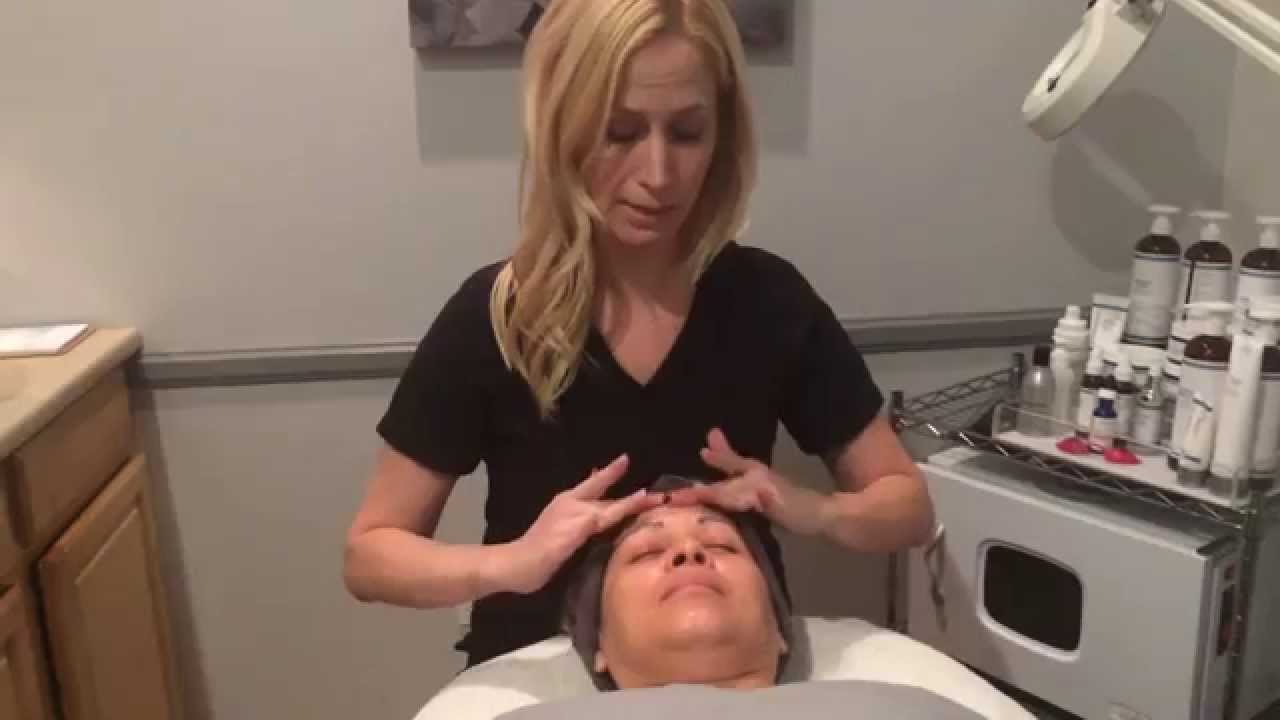Benefits of Bioflavonoids, Citrus Bioflavonoids and Bioflavonoid foods
There are many health benefits of bioflavonoids which will be discussed here. The large and diverse family of citrus bioflavonoids used to be referred to collectively as vitamin P (the P standing for capillary permeability factor). These aren’t strictly vitamins, but are a group of special, health giving nutrients which cannot be made by the body and have to be obtained through the diet.
Citrus bioflavonoids include hesperidin, quercetin, rutin, and other flavones, and some health benefits of bioflavonoids are vital for the absorption of vitamin C. Bioflavonoids enhance and prolong the action of vitamin C and should be taken together in supplements as a vitamin C complex.
Benefits of Bioflavonoids
Citrus bioflavonoids have many health-giving properties including promoting healthy circulation and helping to maintain the thin walls and structure of blood capillaries.
Some benefits of bioflavonoids are that they have antibacterial properties, assist in bile production, and help control cholesterol levels.
Sports injuries are widely treated by taking a bioflavonoid complex supplement because they can relieve pain and help with the healing of bruises and excessive bleeding.
Citrus bioflavonoids help circulation, regulate cholesterol, treat and prevent cataracts, hemorroids, leg ulcers, and nosebleeds by strengthening the walls of blood vessels.
Further Benefits of Bioflavonoids
- Genistein is a bioflavonoid found in soy and is linked to cancer prevention.
- Green tea contains flavonoids that protect against tumors.
- Gingko biloba’s flavonoids increase oxygen and energy supply to the brain.
- Flavonoids in hawthorn are good for the heart.
- Bilberry flavonoids (anthocyanidins in blue pigments) support the eyes and improve night vision.
- Anthocyanidins Blue pigments
Citrus Bioflavonoid Deficiency
Factors that may increase the likelihood of citrus bioflavonoid deficiency include smoking, eating mainly over-cooked or processed food in preference to fresh fruits and vegetables.
Such a deficiency can lead to the body being vulnerable to capillary fragility, bruising, and bleeding gums. Iron deficiency may occur as flavonoids assist the absorption of iron.
Bioflavonoid Overdose and Toxicity
There is no recommended daily allowance (minimum daily dosage to ward off serious deficiency) RDA standards for citrus bioflavonoids at present, but 500mg of mixed flavonoids are common in vitamin C complex supplements.
There are no established toxicity levels for citrus bioflavonoids but extreme doses may cause diarrhea.
Bioflavonoid Foods
Bioflavonoids are generally found in the natural pigments in citrus fruits and some vegetables, here are some bioflavonoid foods for example:
Peppers, blackcurrants, blackberries, black grapes, black plums, blue and red berries, prunes, cherries, buckwheat, the white “pith” of citrus fruits, apricots, pine bark, onions, rosehips, garlic, and green tea.



